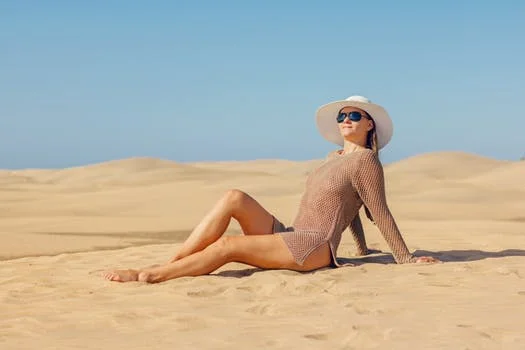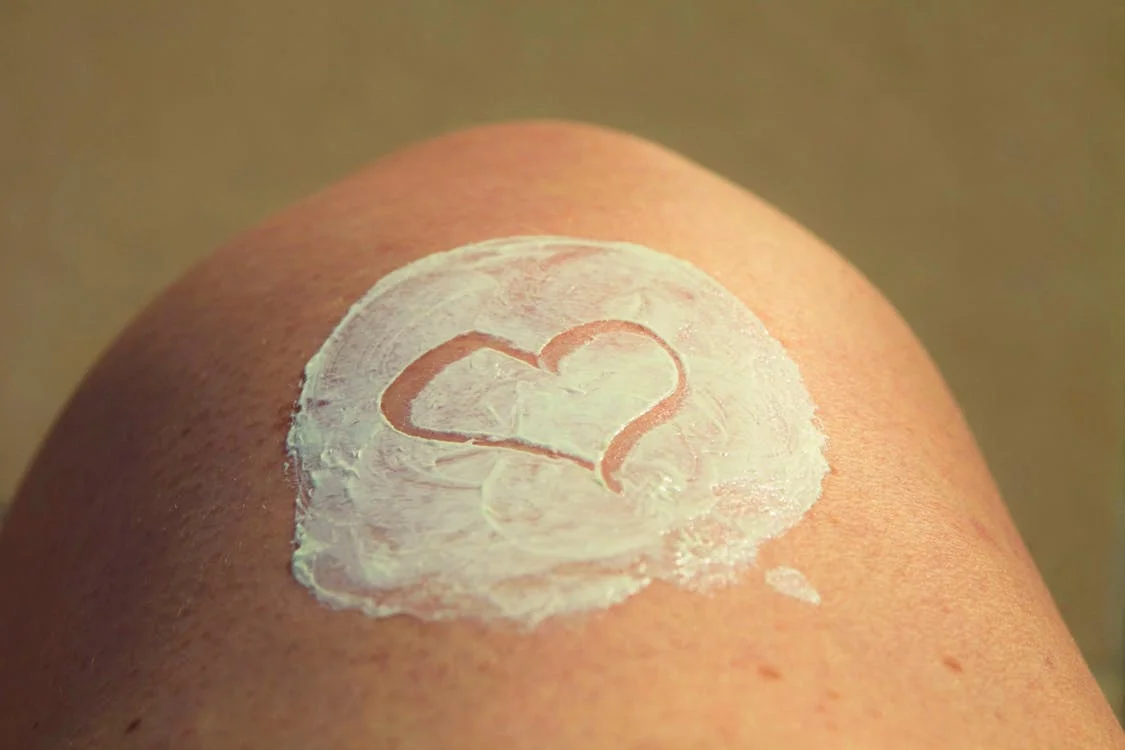Save Your Skin
By: Jennifer Phillippiadis
www.tranquility.com.au
We all love that sun-kissed look, but it can entice us to spend hours and hours in the sun, oiling our skin and sunbathing. Yet extreme sun exposure can be harmful. Jennifer PhiIlippiadis answers some serious questions that may require us to rethink this dangerous practice.
WHY DO WE WANT TO BE TANNED?
Because of our sunny, outdoorsy climate, being tanned is considered beautiful and healthy -while in some cooler climates, the ‘English rose' or 'peaches and cream' complexion is preferred.
WHY IS IT IMPORTANT TO GET SUNLIGHT?
Health experts say that the risk of catching most diseases increases when there is a serious deficiency of Vitamin D, a vitamin that principally comes from the sun. Some say that this deficiency is also partly due to excessive washing in our hot climate. This is because Vitamin D is an oil soluble vitamin and needs to be on the skin for up to 48 hours before showering.
IS THERE AN OPTIMAL TIME TO BE IN THE SUN?
There is conflicting evidence as to what time of day we should be out in the sun. Formerly, experts have recommended early morning and late afternoon sun with plenty of ‘slip, slop, slap.’ New research however, suggests that for effective absorption, it's critical that the sun be at a certain height in the sky; that is, at its midday peak. This recommendation comes with a serious warning that people should limit their exposure to five minute intervals followed by twenty minutes inside and then another five minutes in the sun, and so on.
ARE THERE ANY RISKS ASSOCIATED WITH SUN TANNINGOR SIMULATED TANNING IF IT IS NOT DONE CORRECTLY?
Sun tanning has claimed the media spotlight for several reasons, but mainly due to melanoma, the most deadly skin cancer. Excessive sunbathing and the use of solarium are both incriminated in this type of skin cancer.
Optimum exposure to the sun's rays varies depending on skin type. The fairer the skin type, the more caution you should employ when it comes to sunbathing. Some research also indicates that there are other factors involved in skin cancer development; specifically, the amount of harmful fats consumed in your diet. The healing rays of the sun become especially harmful if your diet is full of trans-fats, reheated fats, and animal fats in comparison to oil from nuts and seeds.
WHAT'S A GOOD ALTERNATIVE HEALTHY LOOK WITH OUT THE RISKS?
Spray tans and a host of rub-on creams, including grapefruit derived creams, will help you to attain this healthy glow without the solarium or burning risk factors of the sun. Make sure you follow the rule ‘you should put nothing on your skin that you cannot eat.’
WHAT CAN I DO IF I STILL BURN IN THE SUN? IS THERE ANYTHING I CAN USE TO HELP TAKE AWAY THE PAIN?
If after taking all the precautions mentioned above you still get burnt, simple first aid remedies are best. Increase fluids both internally and externally, use good quality Aloe Vera (the Indian ‘burn plant’), and increase antioxidants, vitamin C and wound-healing foods like pepitas. Wise attention to your fat intake will also help prevent skin cancer, and aid in avoiding many other health problems.





